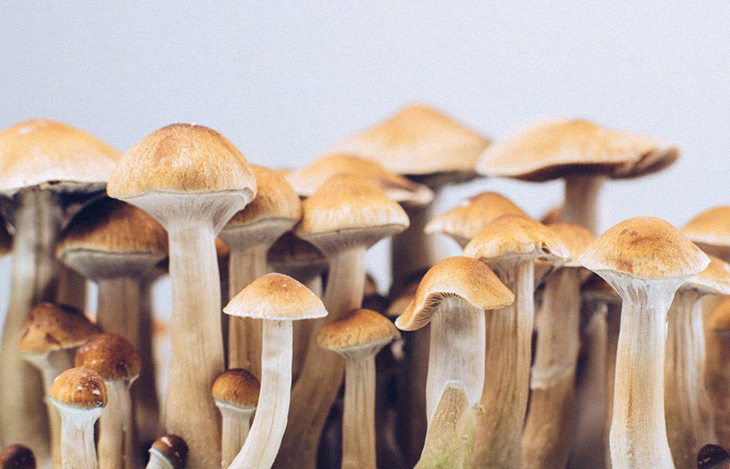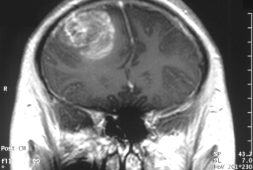$4 Million Reward Granted To Johns Hopkins To Look Into Tobacco Addiction Treatment Using Psilocybin

A grant has been given to Johns Hopkins Medicine to look into the use of psilocybin mushroom, otherwise known as magic mushrooms, and it’s possible impact on tobacco addiction. This is the first time in fifty years where funding has been awarded to research that looks into the therapeutic effects of this well-known and controversial psychedelic.
Funded by the National Institute of Health’s National Institute on Drug Abuse, the grant totals almost $4 million.
Led by the Johns Hopkins Medicine, the three-year collaboration will be done alongside the University of Alabama at Birmingham and New York University. It will also be carried out concurrently at the three different institutions to spread out the group of participants, while increasing the reliance of the study results on a larger variety of individuals that smoke.
According to principal investigator Matthew Johnson, Ph.D., and Susan Hill Ward, Professor in Psychedelics and Consciousness in the Department of Psychiatry and Behavioral Sciences at the Johns Hopkins University School of Medicine, “The historical importance of this grant is monumental.”
They add, “We knew it was only a matter of time before the NIH would fund this work because the data are so compelling, and because this work has demonstrated to be safe. Psilocybin does have very real risks, but these risks are squarely mitigated in controlled settings through screening, preparation, monitoring, and follow-up care.”
Over the past two decades, more and more research of a number of notorious psychedelics have been ongoing, including those of the pharmacological class of compounds that include LSD and psilocybin.
So far, most of these studies have been funded mostly by philanthropy, and have resulted in quite a number of remarkable outcomes for major depressive disorder, cancer-related existential distress, and other substance use disorders.
Principal investigator, Dr. Johnson, began looking into the research of testing psilocybin for helping in stopping tobacco smoking 13 years ago. The pilot study, which was published in 2014, resulted in impressive high abstinence rates. The results were also much higher than those seen in the traditional treatments of medications and therapies to stop smoking.
The ongoing double-blind randomized trial that involves the use of psilocybin session, alongside cognitive behavioral therapy – psychotherapy (which is a type of talk therapy), mostly focused on ‘pinpointing negative patterns of thought that can lead to behavioral and mental health problems.’
According to the research group, they explain that psilocybin could possibly aid in breaking addictive patterns of behaviors and thoughts that have become deeply ingrained due to many years of smoking, which can lead people to quit the deadly habit.
Psilocybin is actually a compound found in the highly popular magic mushrooms, which when consumed, creates visual and auditory illusions and major changes in one’s consciousness. When used for medical purposes, with preparation and structured support, it has incredible promise to treat a large range of mental health disorders and addictions.



